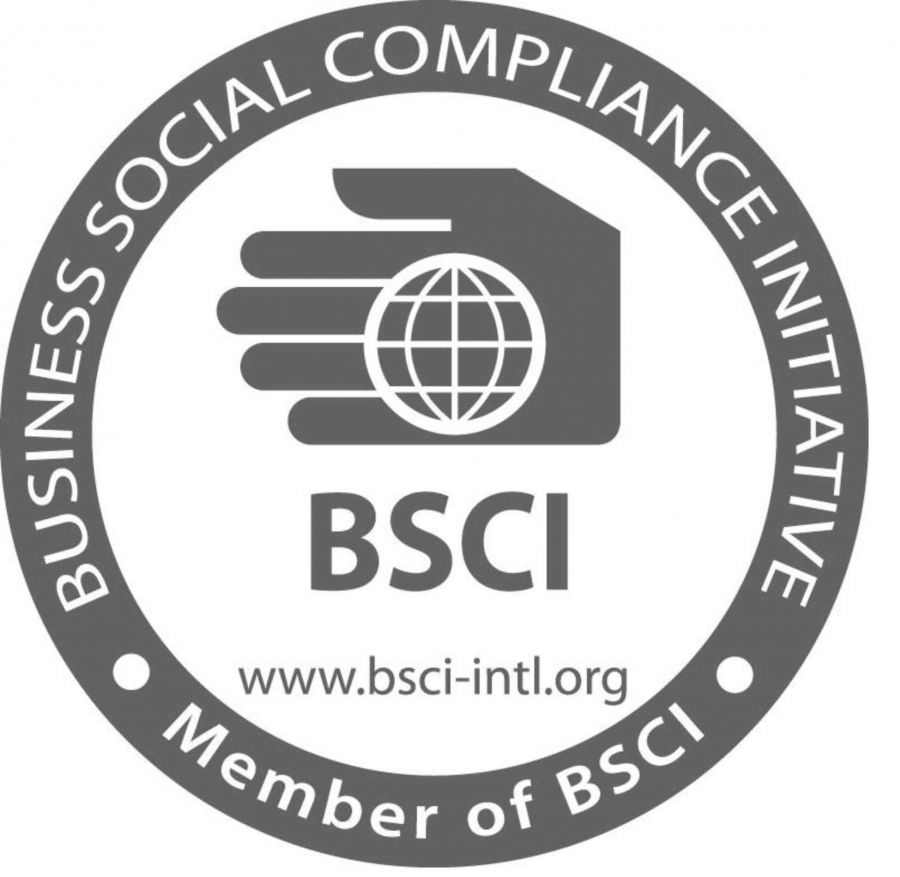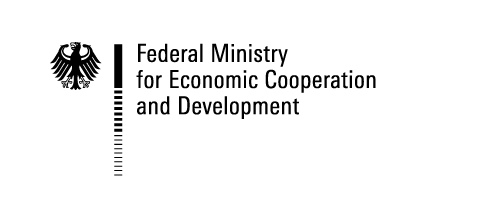An eye on the
future
With over a decade of experience, we are aware of the negative environmental and social impact the textile industry can have, when done in a not appropriate way. We take our responsibility serious by embedding sustainable business practices into our core values.
Based on our principles of trust, reliability and transparency, all our suppliers are carefully selected, top-rated factories.
Besides having to fulfill strict selection criteria, new suppliers have to commit to our Code of Conduct, which covers workers health and safety and environmental requirements likewise. All our partnering factories are 100% BSCI-approved and have to undergo regular audits and checks to ensure fair and safe working conditions.
We expect full transparency from our suppliers. The garment industries common procedure of outsourcing productions to unknown sub-contractors is strictly prohibited. Our well experienced team conducts several factory visits per week, securing the delivery of the highest quality products, produced in a way that is in line with our Code of Conduct.
At Omnibrand, we believe in long-term, reliable business relationships with our suppliers, continually encouraging and supporting them within their process of growth according to our vision and mission.
We proudly like to mention that our Corporate Social Responsible business practices have received global recognition by Ethisphere magazine nominating our founder Patrick Andrist as one of the“100 Most Influential Leaders in Business Ethics”.



CODE OF ETHICS
Read more –>OUR ENGAGEMENT IN BANGLADESH:
FAR BEYOND THE USUAL LEVEL
Bangladesh is an important production location for us. Over the past years we have been building up reliable, long-term business relationships with our on-site suppliers. Having such a close connection to this country and its garment industry, the Rana Plaza tragedy left us speechless and in the same time opened a discussion on how we could contribute to prevent disasters like this to ever happen again.
>As a result, we initiated a 2-year project, funded by the German Ministry of Development to improve standards drastically. A focus was set on both implementing qualifications of suppliers as well as building educational structures within Bangladeshs garment industry. Since the project kick-off in 2015, relevant topics such as improved management systems on social- and environmental standards, productivity and quality assurance have been introduced at four of our garment manufacturing factories – representing more than 10.000 employees.
Additional to our in-house expertise we included further textile experts to conduct on-site assessments at the factories. All four nominated suppliers received an action plan with defined Key Performance Indicators (KPIs) for improvements in the five key areas of energy and water consumption, productivity, chemical management and health and safety. Great improvements have been achieved, for example one factory was able to reduce its total electricity usage about 58% while another factory increased their production efficiency by 22%.
Regular skills-based trainings and workshops were conducted throughout the project duration. Selected factory staff was trained to assist in complying with health and safety requirements and the implementation of precautions in the event of fire, earthquakes or severe floodings.
Employees working within the field of dyeing and finishing received intensive trainings on chemical management and resource efficiency.
EDUCATION IS THE KEY TO SUCCESS
We believe, to really make a lasting impact and produce transformative change, knowledge on sustainability must be accessible already within the education system.
Therefore our project aimed to reach the industry and students likewise. In cooperation with the renowned Bangladesh University of Fashion & Technology (BUFT), educational structures were set up and are a mandatory course today in their M. Sc. Textile Engineering program.
In order to realize a comprehensive classroom teaching program, university lecturers were specially trained and training materials and manuals were created.
During the project duration more than 20 students got the chance to conduct a one-month internship at selected factories to gain hands-on experiences. Additionally several full-day visits at factories were organized for all participants of the education program for gaining practical experiences and insights.
Receiving very positive feedback from participating suppliers and thank you letters from the students for this opportunity, made us more than happy and convinced us in being on the right path.

